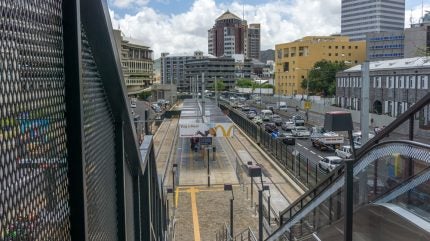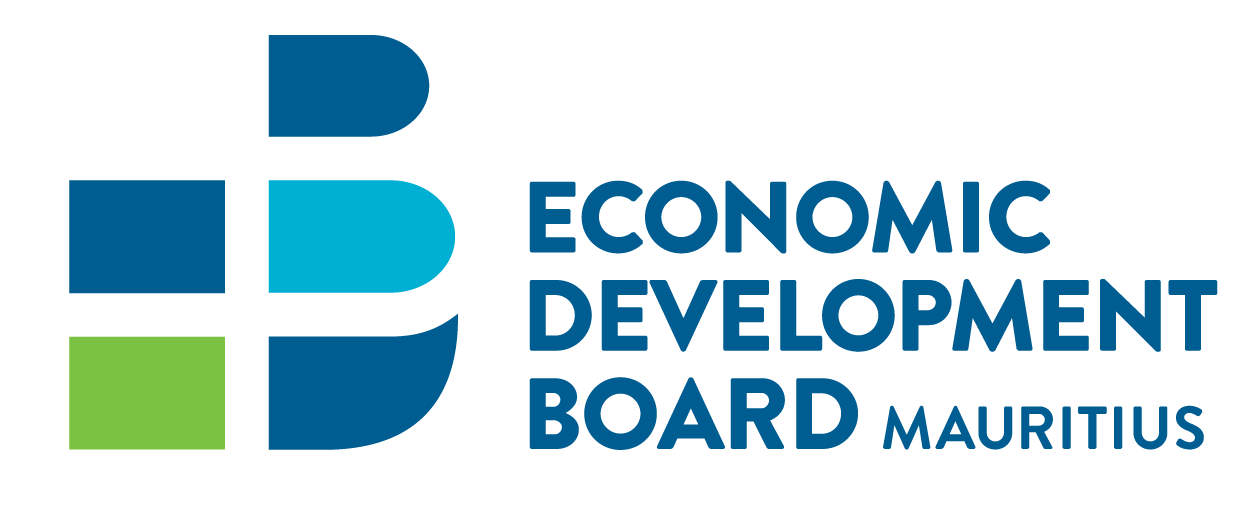
“The current global financial system is simply not working for Africa” declared Calver Gatete, Executive Secretary, United Nations Economic Commission for Africa, in his exasperation that in a continent of 54 nations, with a combined GDP of US$3 trillion and some of the most dynamic economies in the world, only two countries – Botswana and Mauritius – hold investment-grade ratings, based on the assessments by Western credit agencies[i]. Furthermore, the GDP figure masks underlying difficulties at the microeconomic level.
Despite investor opportunities, Africa’s capital needs remain significant – with African Development Bank’s The African Economic Outlook (AEO) 2024 report suggesting that, to accelerate development and restructuring, an amount of US$402.2 is required annually to close the gap by 2030[ii].
The ability to raise funds is a prerequisite for business growth and, in turn, economic development, but across Africa, companies – large and small – are being stunted by the lack of access to capital and, consequently, not contributing as efficiently to growth. The frustration is understandable when you have people with an entrepreneurial mindset with abundant opportunities, held back from making short-, medium- and long-term plans as funds are not available or impacted by structural issues such as policies, investor risk perceptions, and inefficiencies created by private, quangos, and government institutions.
However, governments, development organisations, and private institutions are waking up to demands for solutions that suit the African continent, and Mauritius is one of a few countries that has developed and refined its International Financial Centre (IFC) to accommodate capital raising for investment in Africa.
Barriers but shoots of optimism
With growing investor interest in sectors such as fintech, renewable energy, minerals and metals, infrastructure, transport, water and sanitation, and digital infrastructure acting as catalysts, change is slowly happening across the continent.
But barriers continue to inhibit access to capital and warn off potential investors. These include regulatory fragmentation and inconsistencies within and between countries, re-enforced by the perception of political and economic instability, consequently heightening the risk profile of African nations. Another concern is currency risk and repatriation issues, coupled with the lack of depth of capital markets and cross-border harmonisation on the continent. However, against this background and the pressure for more liquidity, novel approaches to funding are emerging.
The movement of Africans to Europe and the US in the past 60 years saw the transfer of human talent but now the expat community is providing angel investors and networks, delivering capital, intellectual knowledge, and connections across the continent. According to the World Bank, remittances to Africa have seen a steady upward trend since 2000, with a compound annual growth rate of near 10% to 2024, equating to currently US$100 billion. These funds require structured investment vehicles to efficiently allocate funds – creating demand for well-regulated financial services[iii].
The growth of fintech and mobile-based financial services, developed by African entrepreneurs, are attracting foreign capital through mobile-enabled lending including crowd funding and microcredit, whilst increasing channels for capital raising for budding businesses and individuals.
Sovereign wealth funds (SWFs) – both domestic and foreign – and development finance institutions (DFIs) are other funding sources which are acting as facilitators for investments in infrastructure, energy, water management and the private sector[iv].
However, concerns over the structuring of capital efficiently remain and the need for effective holding forms, treaties, and legal certainty are required to reassure investors that their finances are well protected and managed efficiently.
Mauritius as a capital-raising location
Investors have proven confidence in Mauritius and much of it is down to credibility – it is compliant to international standards including anti-money laundering/terrorist funding (AML/CTF), is an internationally recognised finance jurisdiction and continues to build partnerships with pan-African and global financial institutions. Mauritius’ International financial centre (IFC) offers a robust platform for capital raising, compounded by a tax-efficient regime, with a solid regulatory framework and facilities for fund structuring.
As a conduit for investing, it retains jurisdictions neutrality and remains politically agnostic in relation to other African nations with private equity (PE), venture capitals (VC), and corporates using Mauritius to invest across Africa.
Mauritius’ IFC provides four avenues, developed since the late 1980s, by which to raise capital. The Stock Exchange of Mauritius Ltd (SEM), one of the leading exchanges in Africa, was established in 1988 and operates two markets: the Official Market, and the Development & Enterprise Market (DEM). There are 40 companies listed on the Official Market representing a market capitalisation of nearly US$9 billion, while the DEM has 48 companies listed with a market capitalisation of nearly US$1.5 billion. The SEM is a member of the World Federation of Exchanges.
Launched in October 2021, Afrinex Limited is a Pan‑African multi-asset, multi-currency securities exchange, backed by the Government of Mauritius and India’s Bombay Stock Exchange (BSE). It has positioned itself as the only African exchange offering exposure to both Africa and India from outside those regions and acts as a capital‑raising platform for sovereigns and firms.
Mindex Exchange, established in 2023, is a cryptocurrency exchange that provides a secure platform for trading digital assets and is open to development finance institutions, institutional investors as well as African retail investors. The exchange offers services for buying, selling, and trading a variety of cryptocurrencies, such as Bitcoin (BTC), Ethereum (ETH), and other altcoins.
Mauritius also offers capital raising opportunities with crowdfunding platforms covering peer-to-peer lending for startups, and small and medium enterprises (SMEs), with companies regulated by the Financial Services Commission (FSC) of Mauritius[v].
Change is coming
Capital is much needed to feed startups, SMEs, and corporates, but emerging technologies and structural shifts are gradually removing bottlenecks and Mauritius’ IFC has responded – positioning itself at the forefront of innovation, providing a platform and services for enterprises of all sizes across the continent.
Download the whitepaper below to explore the strategic advantage of Mauritius for financial services.
[i] https://uneca.org/stories/remarks-by-mr.-claver-gatete-at-the-high-level-event-on-developing-a-credit-rating-ecosystem#:~:text=And%20the%20consequences%20include%20higher,African-informed%20and%20globally%20credible.
[ii] https://www.afdb.org/en/knowledge/publications/african-economic-outlook
[iii] https://afridigest.com/diaspora-remittances-africa-100-billion-opportunity/
[iv] https://www.wilsoncenter.org/blog-post/innovative-landscape-african-sovereign-wealth-funds
[v] https://thecrowdspace.com/directory/sme-crowdfunding-platforms-in-mauritius/


